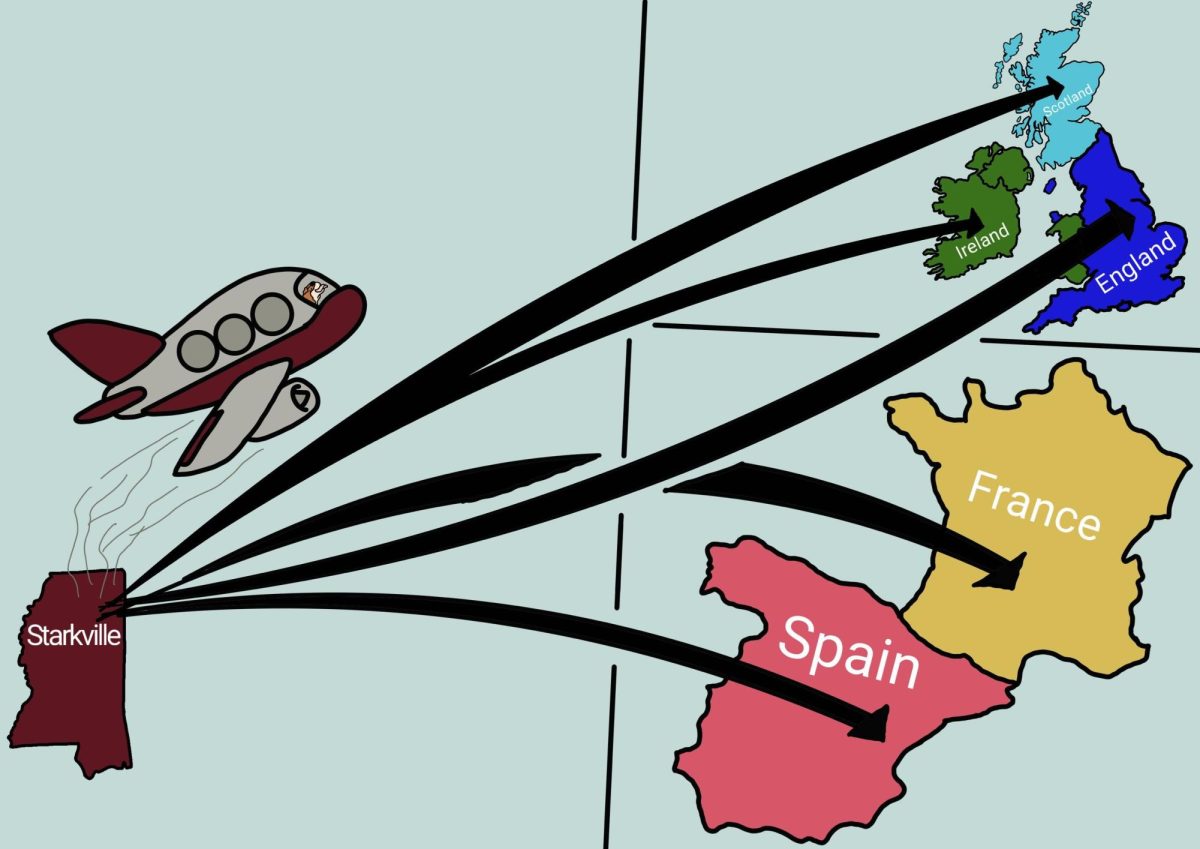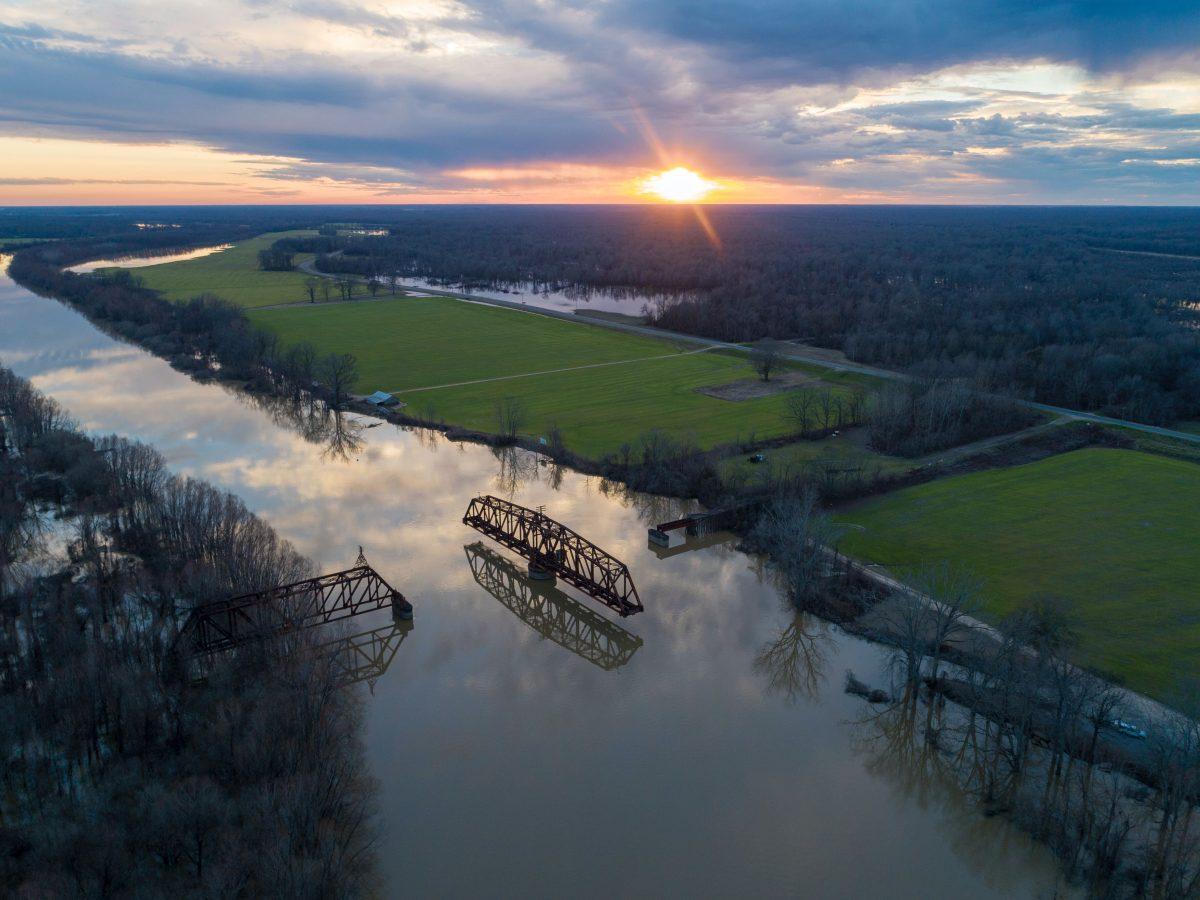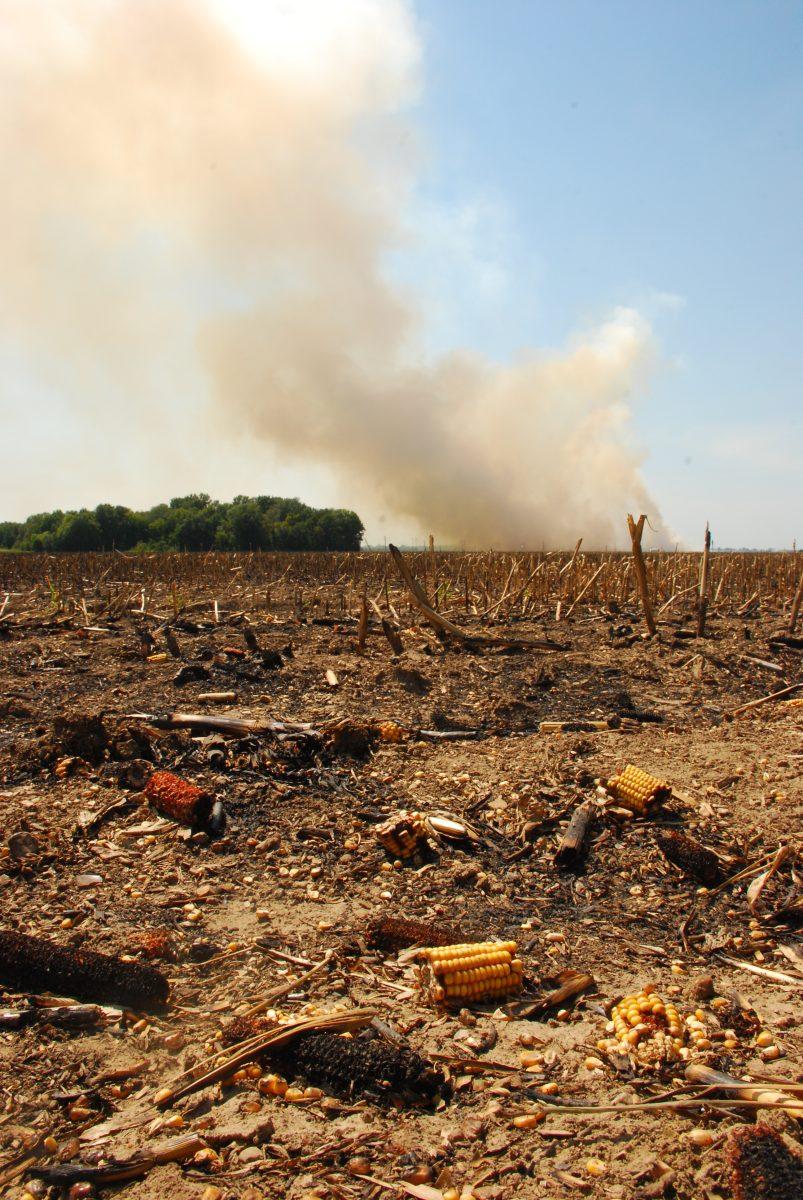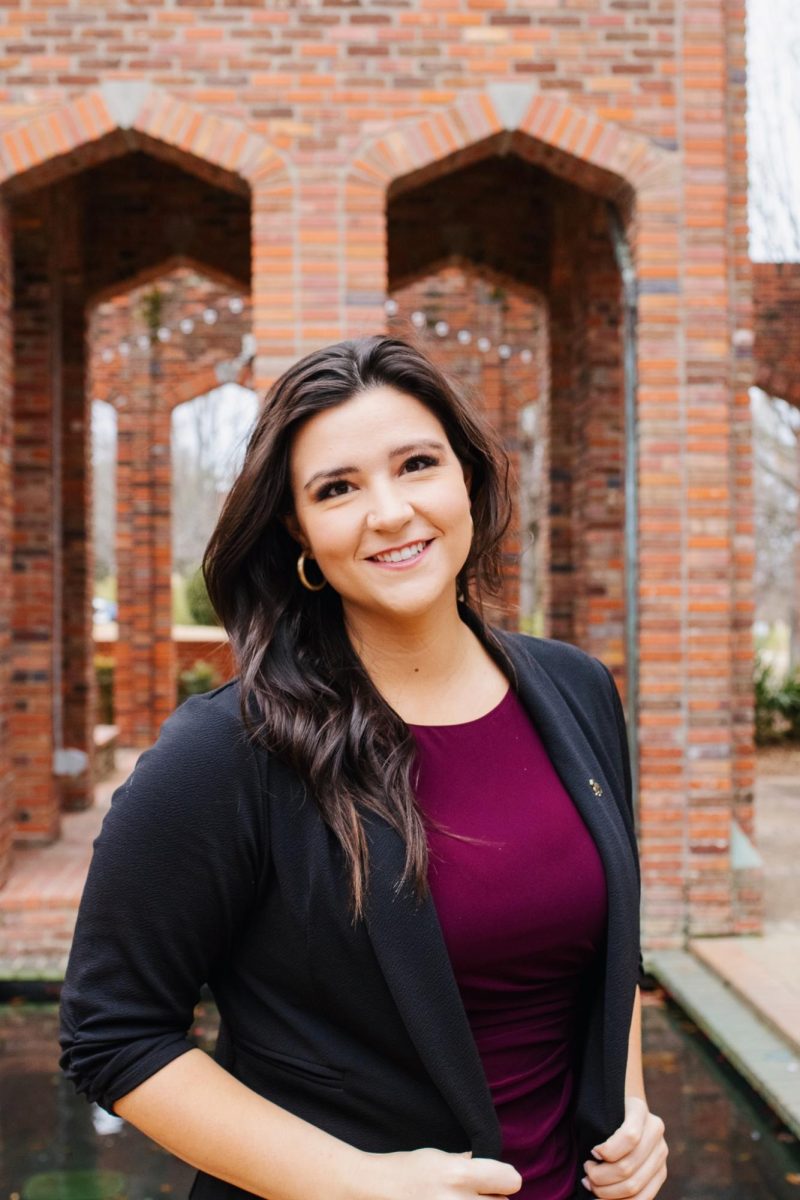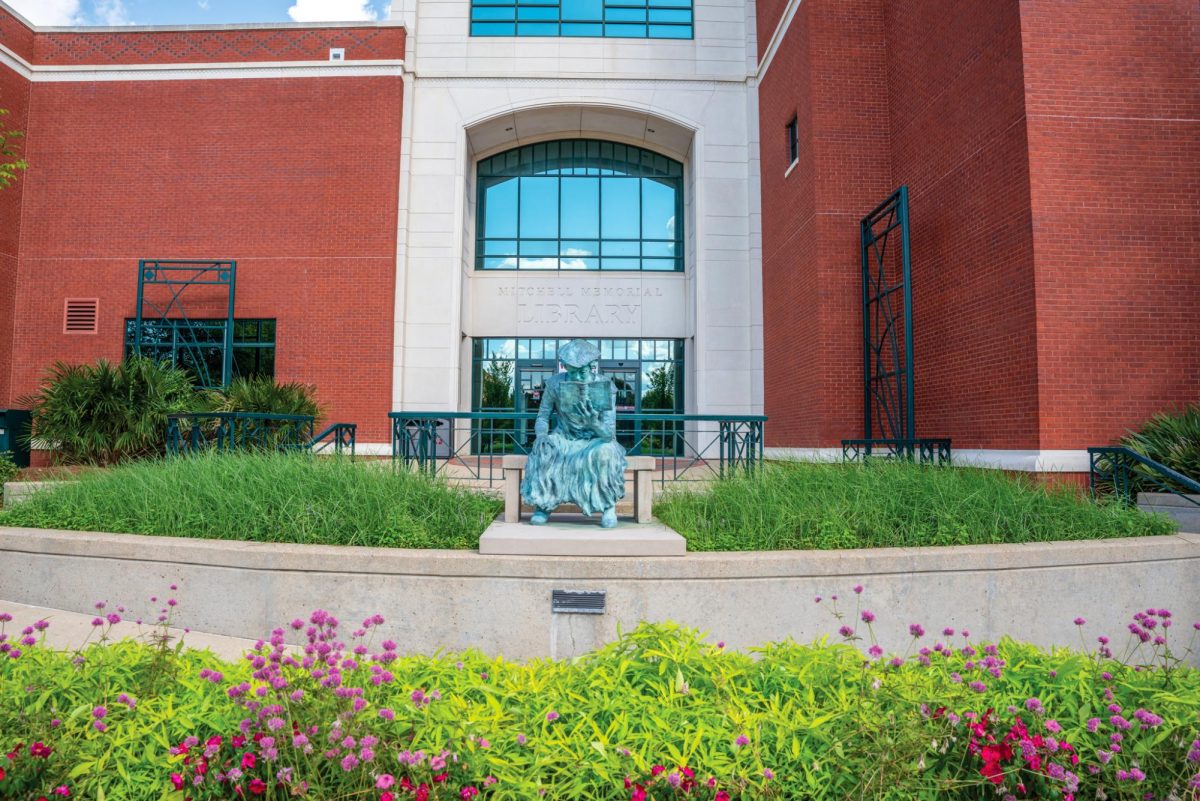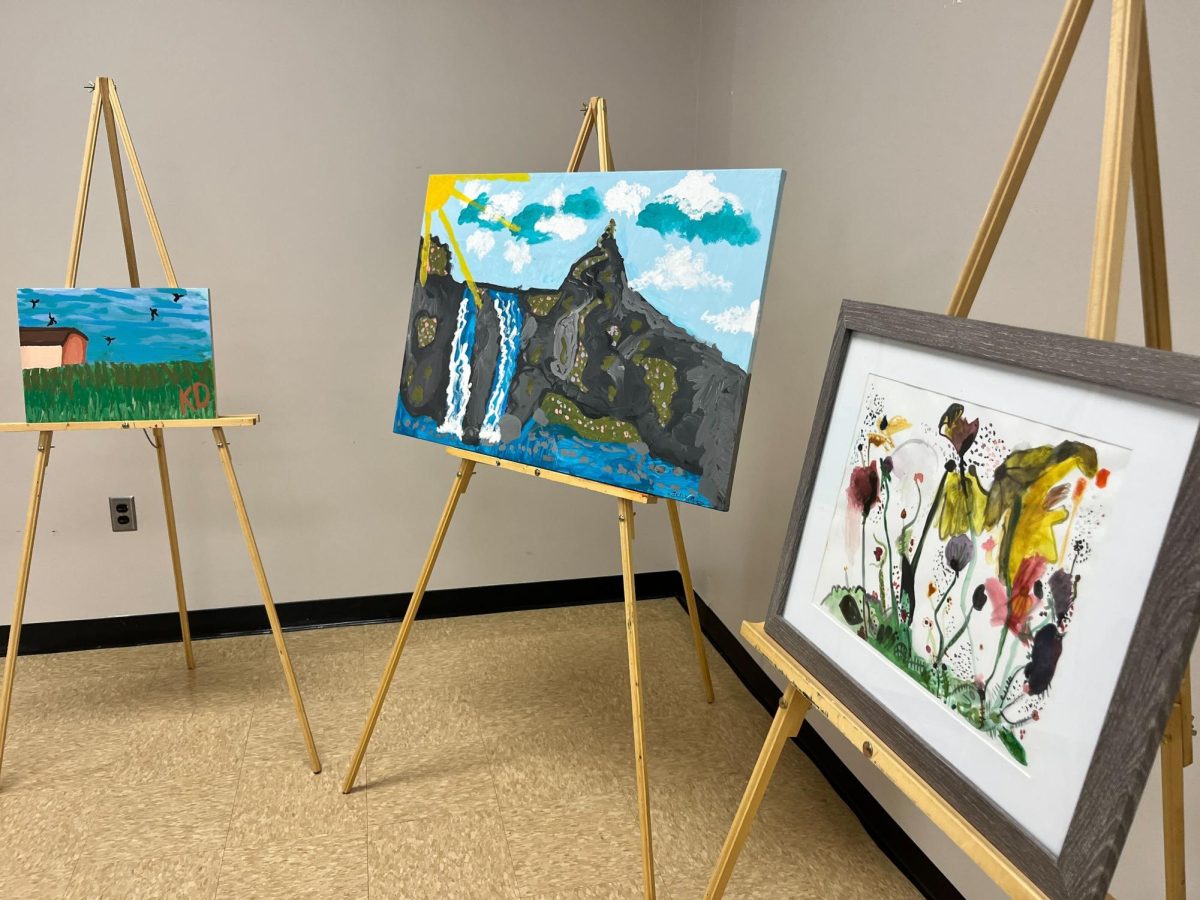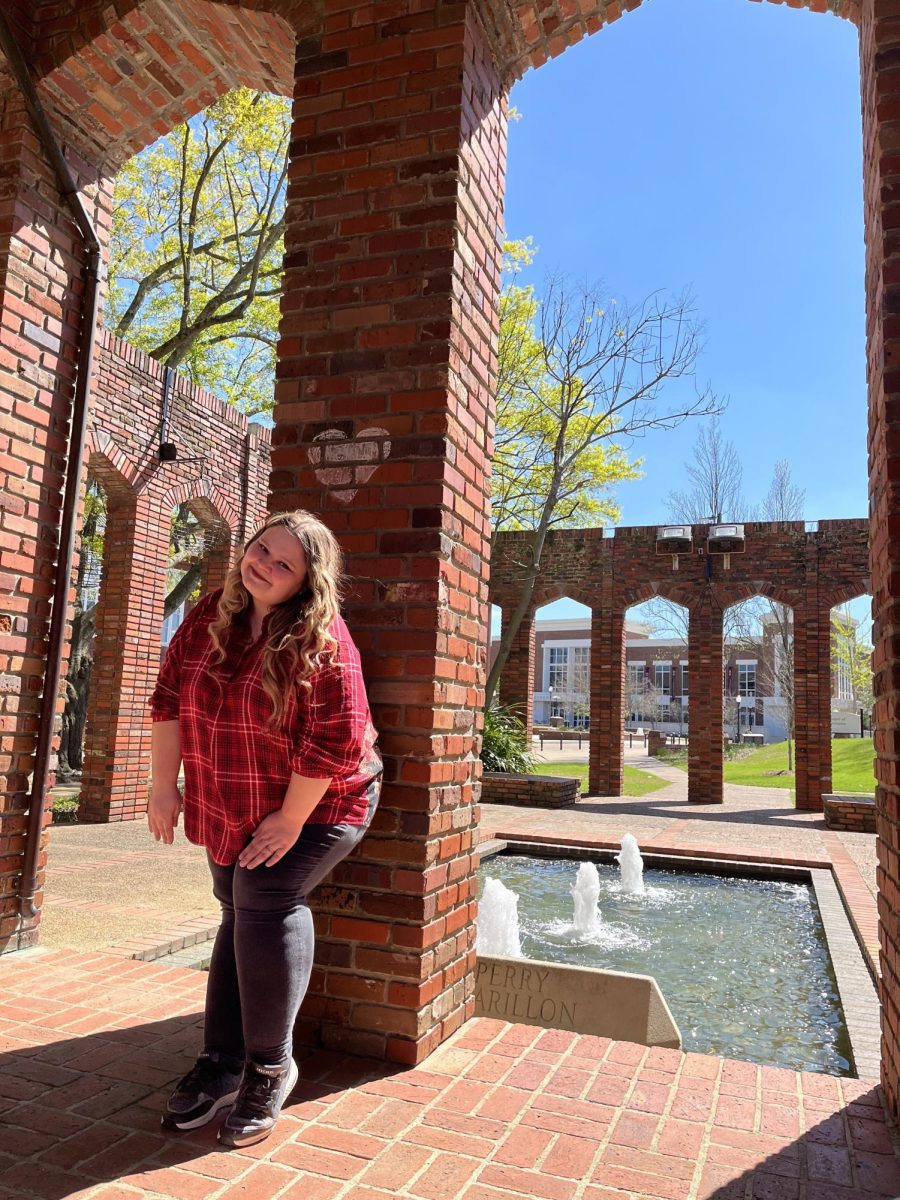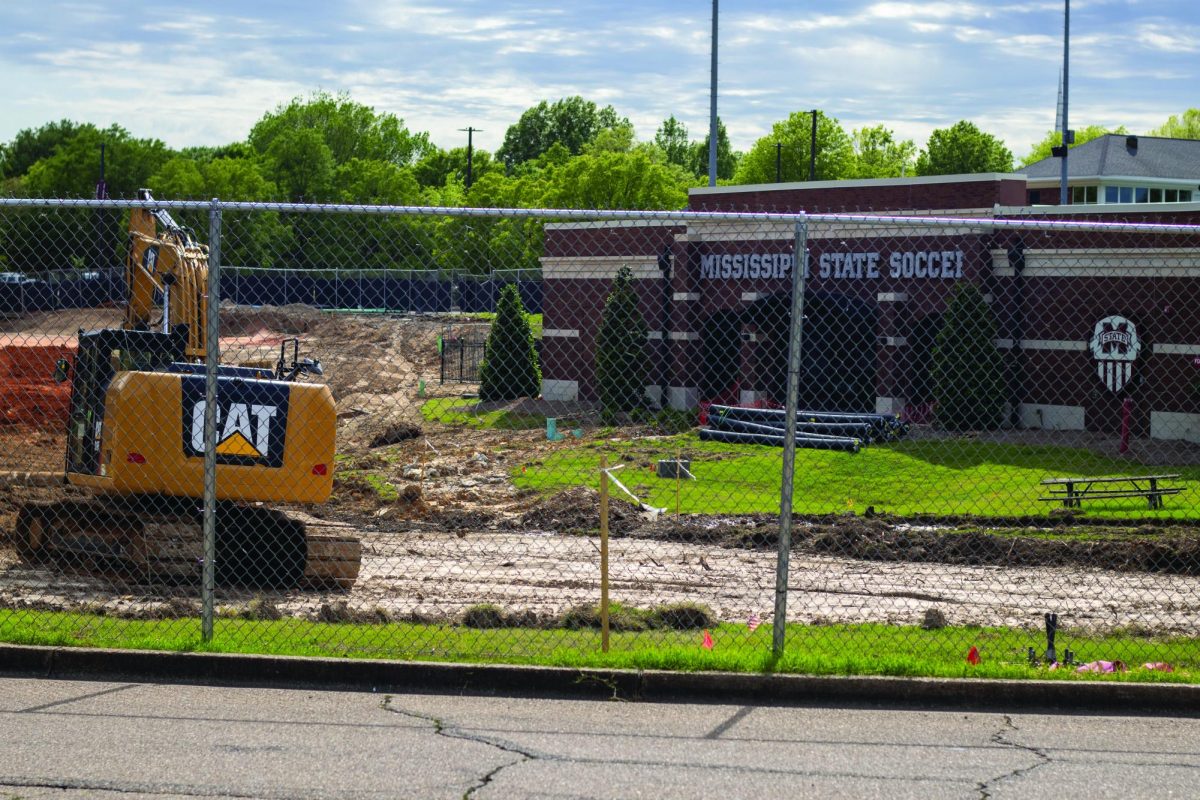Mississippi State University has received $4 million from the National Science Foundation to research the impacts of climate change in the Mississippi Delta.
NSF’s Established Program to Stimulate Competitive Research (EPSCoR) provides funding to universities that often lack research funding. The research in the Delta will be a four-year project.
The Mississippi Delta is a region in western Mississippi that borders the Mississippi River and is known for its fertile cropland and high poverty rate. Brian Williams, an MSU assistant professor of geography, said these two characteristics make the Delta highly susceptible to the impacts of a changing climate.
“The Delta is one of the places, like the Mississippi Gulf Coast, that you could really consider ground zero for the effects of climate change,” Williams said.
Shrinidhi Ambinakudige, an MSU professor of geographic information systems and geography, is leading the research. Ambinakudige said that the project will include research, teaching and workforce development in the Delta.
Ambinakudige said that there are four main components of the research portion of the project. The first component involves using climate models to forecast how climate change will impact the Mississippi Delta in the future.
Boniface Fosu, an MSU assistant professor in meteorology and climate sciences, supervises the climate modeling aspect of the research. Fosu said that the research team will use regional climate models to study how changes in land use affect the Delta’s local climate.
The second component of the research initiative is to determine the vulnerability of communities in the Delta to climate change. The research team will gather socioeconomic, geographic and climatic data to identify how vulnerable the region is to climate change.
The third component of the research is to learn about how people in the Delta view the changing climate. For this ethnographic research, MSU will be partnering with the University of South Carolina to study how climate change is affecting people’s daily lives.
“Ethnographic research entails actually being with people in communities; experiencing things alongside and in the same context as people are experiencing them,” Williams said.
The fourth component of the research is to study how climate change is affecting people’s health in the Delta, a region with high rates of obesity and poverty. MSU researchers will collaborate with Mississippi Valley State University to investigate how the changing climate is affecting human health in the Delta.
The information gathered in this research will be used to create climate literacy materials to use for educational purposes in Delta communities. MSU will partner with community colleges in the Delta to offer courses on climate and geospatial sciences for students. The team will also be aiding in the instruction of climate science to K-12 students to help them better understand the impacts of climate change.
Ambinakudige said there are “underserved communities” that lack infrastructure and access to education in the Delta. This hinders the region’s ability to be resilient in the face of climate change. By providing education on climate change, the team is hopeful that these underserved communities will be better able to adapt to their changing environment.
In addition to climate change education, the EPSCoR project includes workforce development. Ambinakudige said that the project will provide funding for student internships through the Student Conservation Association where student interns will gain experience in the field of environmental conservation. MSU will partner with the Mississippi Alliance for Sustainable Agriculture to help train small farmers in sustainable farming practices.
Ambinakudige said that the long-term goal of the project is to establish an interdisciplinary center that will continue to promote climate literacy and climate-aware workforce development in the Delta and surrounding regions.
The EPSCoR project is interdisciplinary, meaning that it will include researchers from several academic disciplines. Williams said that it is especially important for a study on climate change to be interdisciplinary because climate change is a complex issue that affects people on a personal level. By having researchers from several disciplines, the research team will be better able to bridge the gap between collecting data and human experiences with climate change.
The research team is looking for graduate and undergraduate students to help with the research process as well as the community engagement aspect of the project. Williams said that participating in the project will allow students to become involved in many aspects of climate research.
“One of the exciting things about this is that it provides students an opportunity to get engaged and learn how to do research and how to think about and potentially implement responses to climate change and climate inequality,” Williams said.
Fosu said that involving students in the research process is a vital part of the EPSCoR project.
“The core of research is just developing the workforce and mentoring students to pick up the matter and do even better than you have,” Fosu said.
Ambinakudige said there will not be work for students until the spring semester, but students should reach out if they are interested in the program.
Fosu hopes that the Delta climate change research will allow those living in the Delta to thrive under the influence of a changing climate.
“This is a beautiful state of good people, and my hope is that this research helps,” Fosu said. “This is a small piece of bringing stability and building climate resilience in the region.”
The Delta is vulnerable to change due to a dependence on agriculture.

















